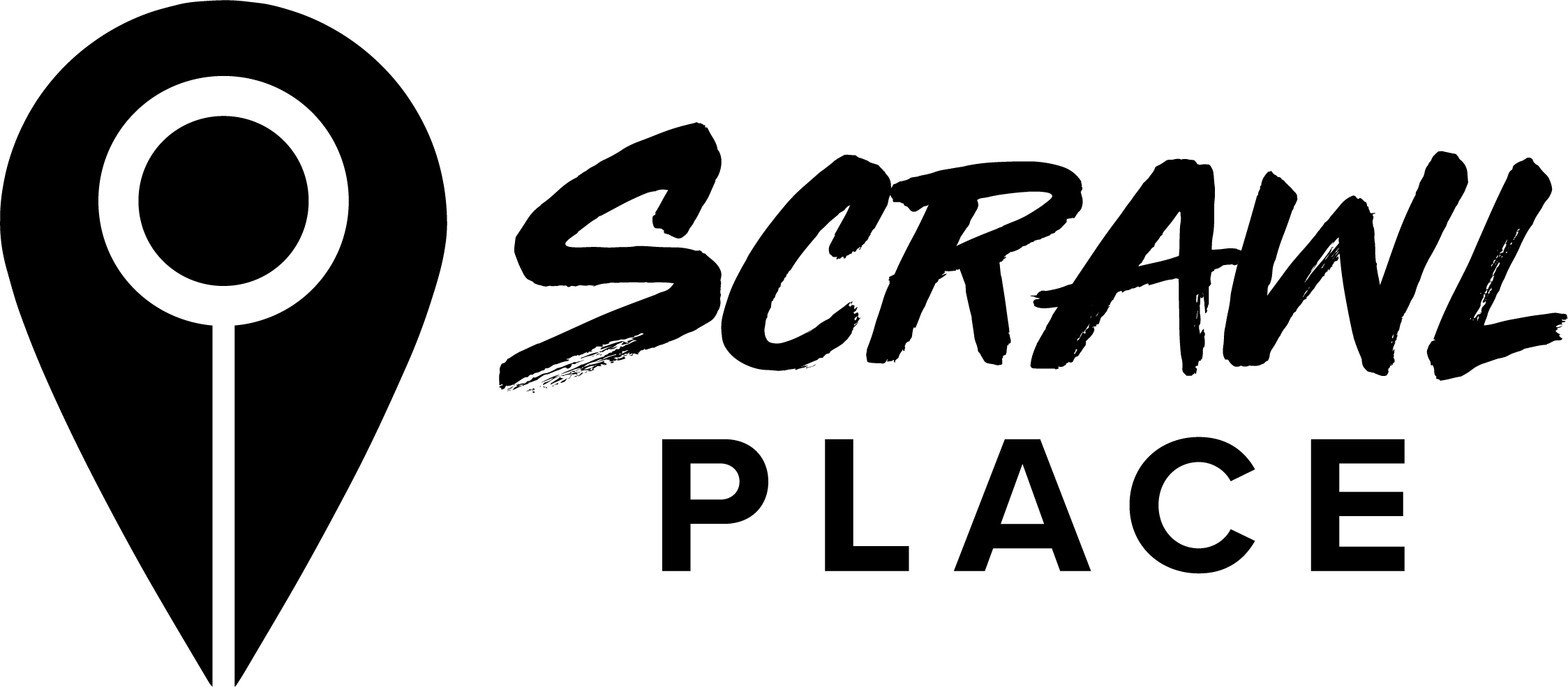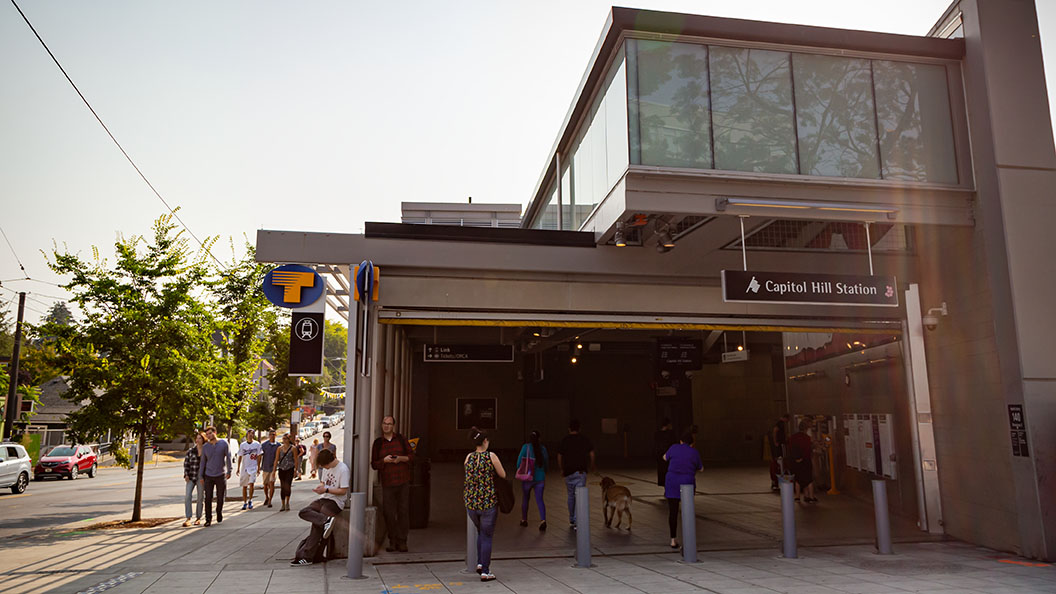Photo by CineCam / Shutterstock.com
(May 21st)
“The human mind is an active originator of experience rather than just a passive recipient of perception.”
-Immanuel Kant
1st Station
This begins and ends with one vision: a girl, maybe 16 or 17, sitting in a chair, a sky-blue blanket wrapped around her, suitcases, boxes, and a few pieces of furniture lined up along the sidewalk. Behold your Queen.
2nd Station
The city feels cold today. I am on my own, not a soul out here to break this feeling of solitude, ecstasy out of reach. I wander over to the corner market, buy cigarettes, give two away first thing outside, the guy with a face etched down to golgothic shard tells me, “You can get those for three and a quarter in Burien.”
I light—“Yeah, but I’d have to go to Burien.”
3rd Station
This thought reverberates from the institution corridors: there is a misconception lingering, a question that really expresses (exposes) another problem, which runs something like this and which I seem to have heard many times, “How can I be of use to anyone when I am such a mess?” As if from another tongue, an ancient conversation still going on within the walls, an answer comes: “That is when you are most called upon to give.”
4th Station
I love Vivace, but cell phones, lunch dates, books and big ideas can’t fill that vacancy. It’s because of what “I am.” A crowd of stars, lament, shadows we carry through the sunless day. Such are the stranger things, child destined to be downfall and rise…a sign that will be opposed. Remember the way the water shimmered in the reservoir? The core of many hearts laid bare.
5th Station
At 11th and John there is a maple tree so large that when you stand beneath it, essentially within it, within the bounds of its black arms hanging down, you cannot see its entirety. That this is true of many trees and many things does not dissolve the ricochet of the noumenon. As Paul Tillich writes, “The sign-event which gives the mystery of revelation does not destroy the rational structure of the reality in which it appears.” Which is to say, that when the miracle comes, it is not necessarily a violent disruption of the world’s laws. Which is to say that in the same way this tree stands here, at the moment I perceive it, a metaphor for the tree of knowledge that is again not knowable in its entirety…can’t know everything…it is also a metaphor for the tree of life…can’t see all of life in its entirety…which is to say that I stepped into the moment recalling the moment in Octavio Paz’s “The Blue Bouquet” when the character, “I,” looks up and beholding the stars thinks, “…the universe was a vast system of signs, a conversation between giant beings. My actions, the cricket’s saw, the star’s blink, were nothing but pauses and syllables, scattered phrases from that dialogue. What word could it be, of which I was only a syllable? Who speaks the word and to whom is it spoken?” Which is to say that the character cannot fully perceive the author, which is to say…
6th Station
The young woman at Victrola moves in a mercurial field from one end of the counter to the other and back again, and when she sees me, she leaps over and looks me in the eye. And she who welcomes you welcomes me…. Nervosa. A little flirtatious. Full of Energy. And I say, “I’m in no hurry.” In a single moment it is impossible to see her entirely.
7th Station
Two students of mine and a newer stranger are sitting under the gun art. They are studying human trafficking. Woes and conflict. I look at their faces. What words might have passed between them? When I go to the tables outside to have my coffee, I read in Paul Auster’s The Invention of Solitude:
One sees nothing but one’s own thoughts. A story, however, in that it is not a logical argument, breaks down those walls…Again, the lesson is made clear. A voice speaks, a woman’s voice speaks, a voice that speaks stories of life and death, has the power to give life… There is also the equal and opposite temptation to look at the world as though it were an extension of the imaginary.
8th Station
Connections to Spiderwoman occur. And in another tongue, the Diyin Dine’e spoke the world into being. Leslie Marmon Silko talks of Thought Woman:
Thought-Woman, the spider,
named things and
as she named them they appeared.
She is sitting in her room
thinking of a story now
I’m telling you the story
she is thinking.
9th Station
This used to be Presbyterian, I believe, but now it is called All Pilgrims Christian Church, blackened bricks still warm to the touch. A few homeless men are crouched in the back, casting lots. In the courtyard there is a stone sculpture of perpetual water flowing that resembles the sculpture at Saint Ignatius of our Lady and the perpetual milk of love and mercy…Bars, however, keep me from going in, and of course I recall Wright’s poem, St. Judas…
Banished from heaven, I found this victim beaten,
Stripped, kneed, and left to cry. Dropping my rope
Aside, I ran, ignored the uniforms:
Then I remembered bread my flesh had eaten,
The kiss that ate my flesh.
10th Station
Back on Broadway, in front of the church, I give Nancy my change. She’s hanging out, panhandling, holding a spot on the sidewalk, free to talk, and she says, “Yeah, they used to camp out down there,” pointing down the slope on the west side of the church, “build fires and stuff. I guess that’s why the church put up the bars.”
“Looks like an old church.”
“It is.”
“Real bells in the tower,” I say, noticing the ropes.
“You know, I’ve never heard them.”
“Maybe on Sunday.”
“I’ve been up here in the afternoons on Sunday but never heard them.”
“You might have to be here in the morning when they call the faithful.”
11th Station
The new library does not have a marked section for poetry. Bound by circumstance, I inquire about this from the woman with pale doughy flesh and shaking hands, dear spirit (the kind of woman who arranges the coffee and cookies for the social hour after the church service, so selfless, so…), devoted to helping you find something, even if she doesn’t have it, so slow, so thorough, so…But here I run into Kelly, strange kid, wide-eyes that never blink, mechanical twitches, who follows me into the stacks where I find the half-shelf of poetry they do have, and he says, “I like to chronologize my experiences.” I take down a book. He wrote a paper on LSD, the thirst for knowledge.
12th Station
On Boylston, their things, their possessions lined up in stacks along the sidewalk: couch, tables, boxes, suitcases, and the one girl in a chair, a blue blanket wrapped around her. All I do is stop, and she tells me how they were evicted, how her roommates didn’t tell her they were close to the deadline, how they hadn’t paid rent since December. Her name is Renee, left behind by the voice of the winds, la lumiere des coincidence. She asks me for a cigarette, and I give her three. She has a swollen cheek from an abscessed tooth. She is waiting for a friend to come and get her, smoking, her legs curled up, the blanket sculpting her into the shape of divine desolation, mistress of the universe full of grace. Our lady of perpetual sorrows, succor, hope, pray for us now and at the hour of our
death…
Douglas Cole published six poetry collections and the novel The White Field, winner of the American Fiction Award. His work has been anthologized in Best New Writing (Hopewell Publications), Bully Anthology (Kentucky Stories Press) and Coming Off The Line (Main Street Rag Publishing). He is a regular contributor to Mythaxis, providing essays and interviews with notable writers, artists and musicians such as Daniel Wallace (Big Fish), Darcy Steinke (Suicide Blond, Flash Count Diary) and Tim Reynolds (T3 and The Dave Matthews Band). He also writes a monthly piece called “Trading Fours” for Jerry Jazz Musician and was recently named the editor for “American Poetry” in Read Carpet, an international, multi-lingual journal from Columbia. In addition to the American Fiction Award, he was awarded the Leslie Hunt Memorial prize in poetry, the Editors’ Choice Award for fiction by RiverSedge, and has been nominated three time for a Pushcart and Best of the Net. He lives and teaches in Seattle, Washington. His website is https://douglastcole.com/.

